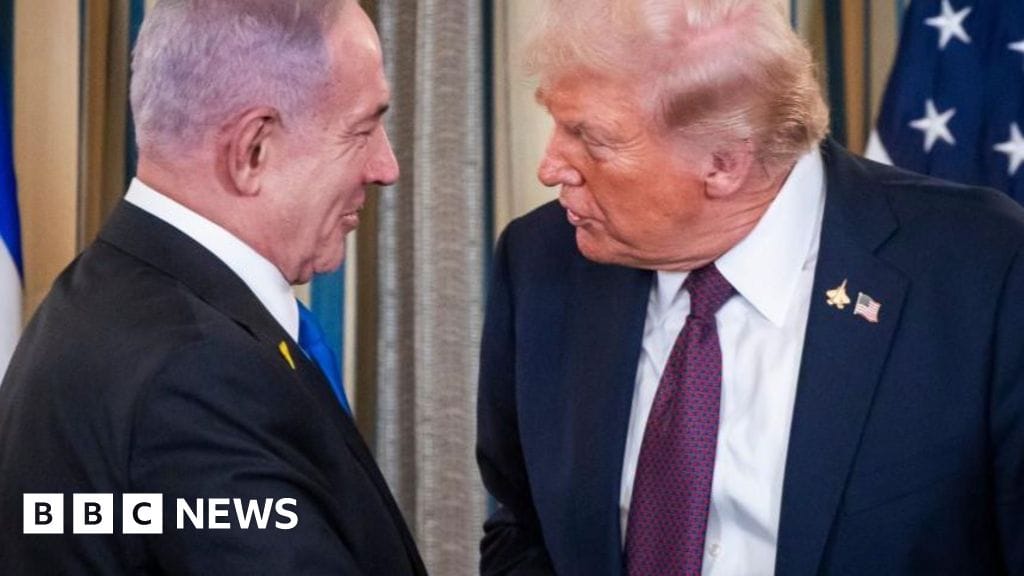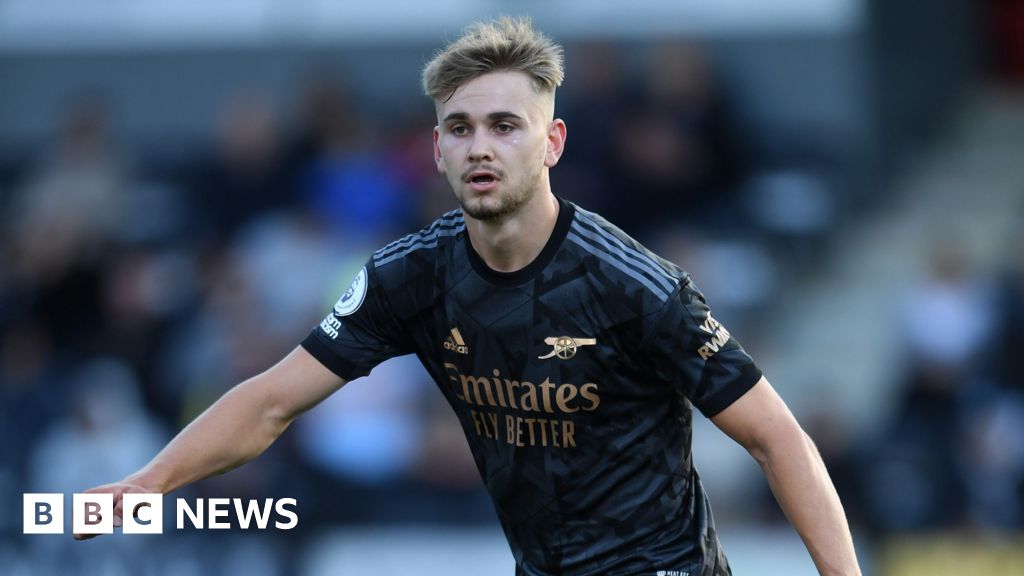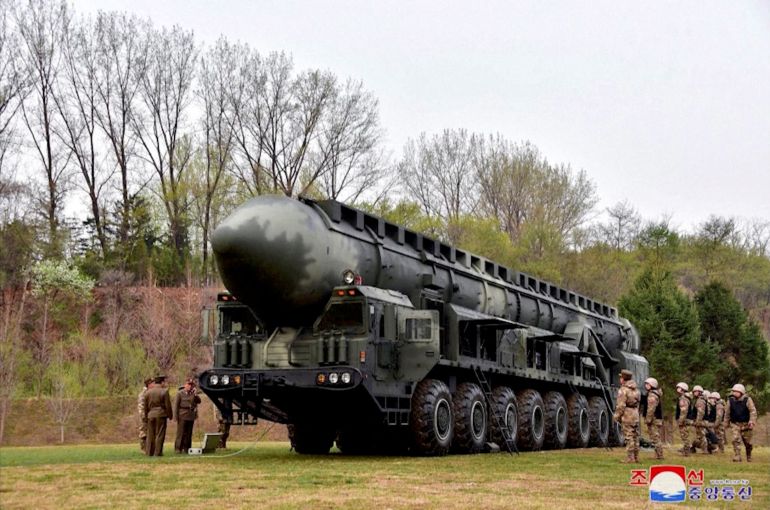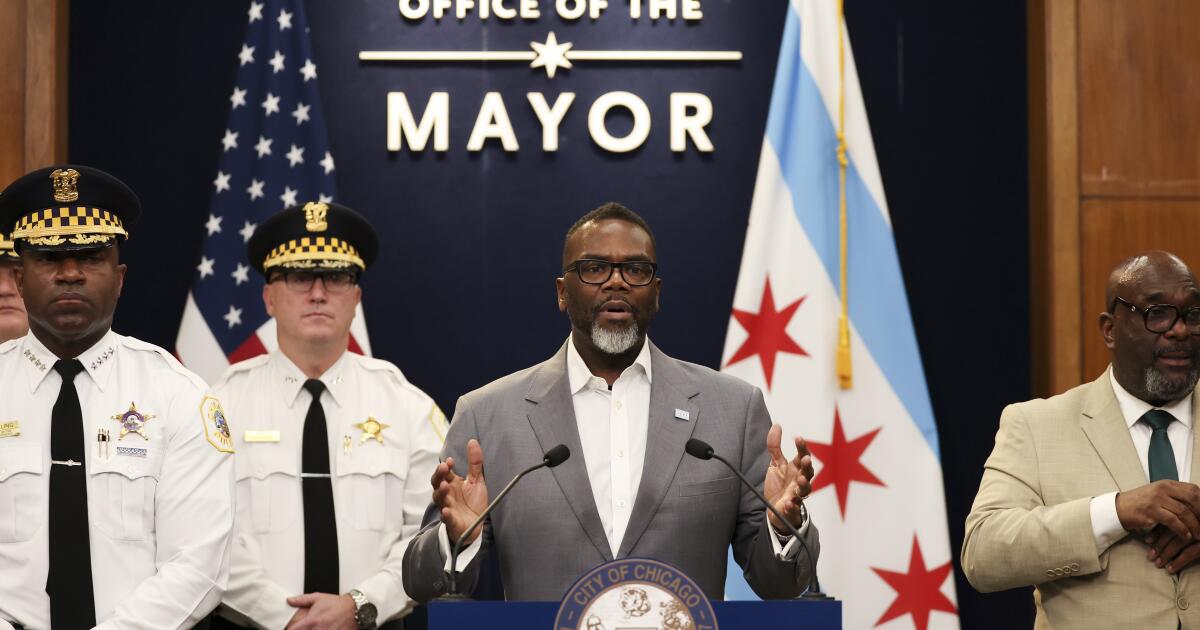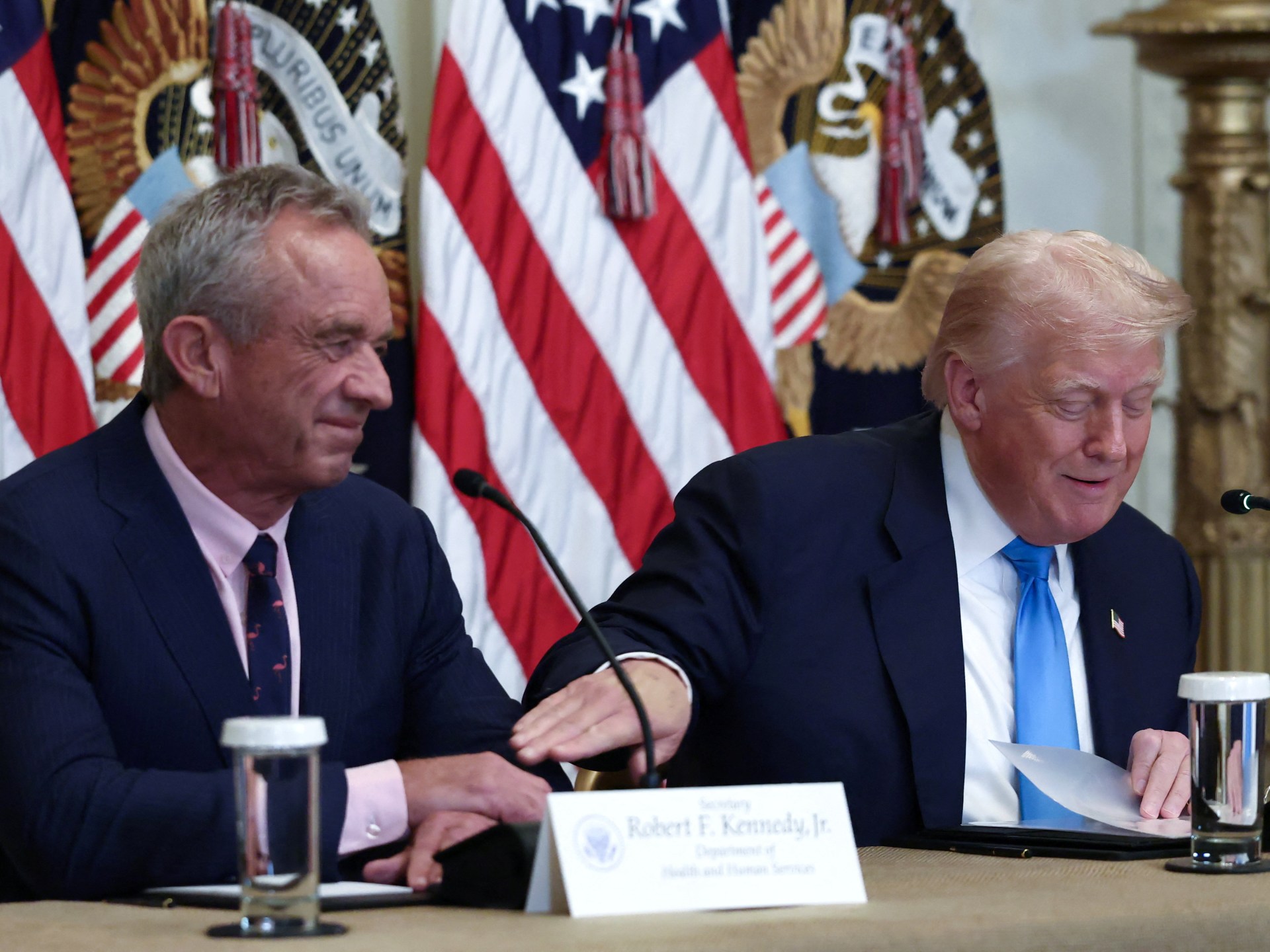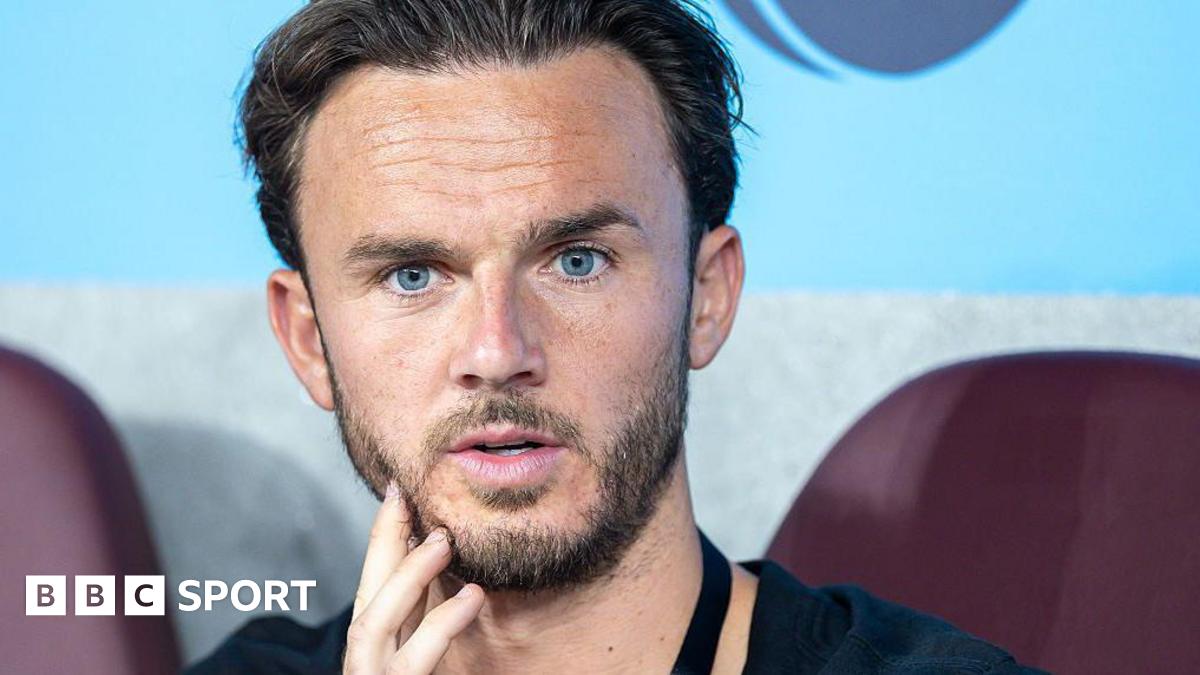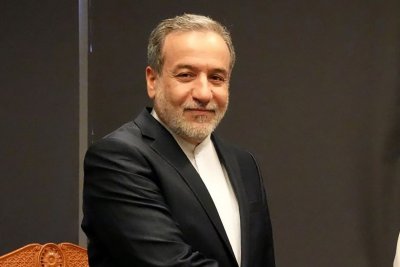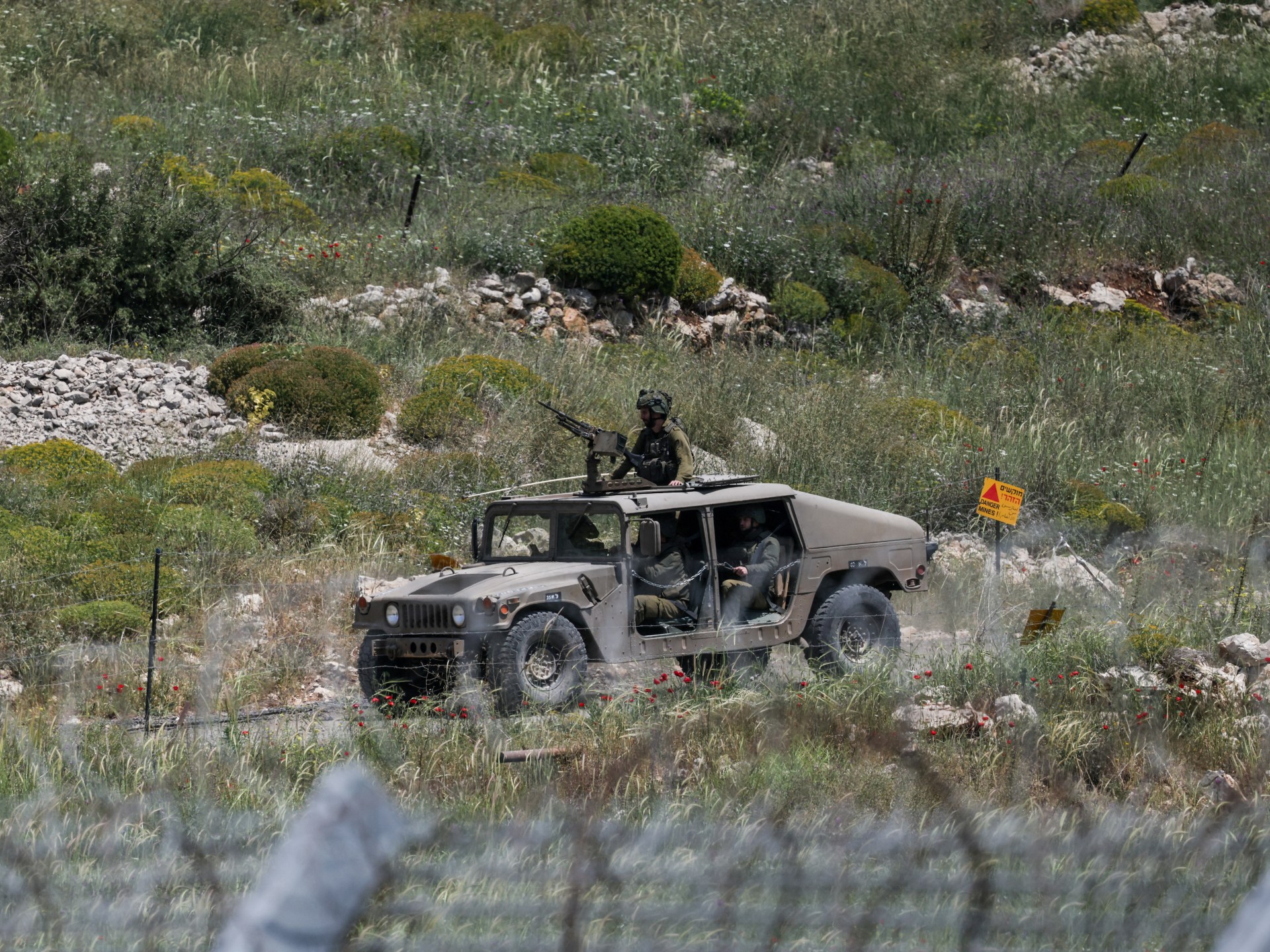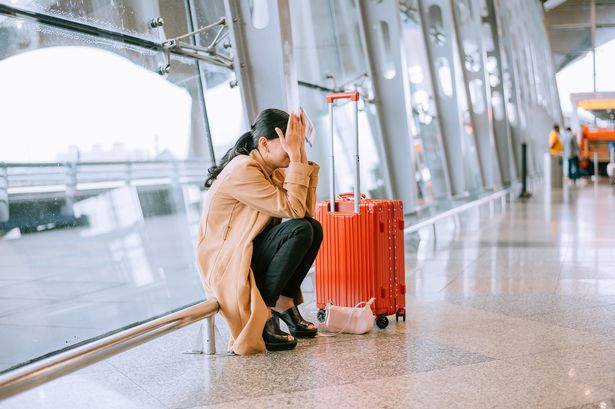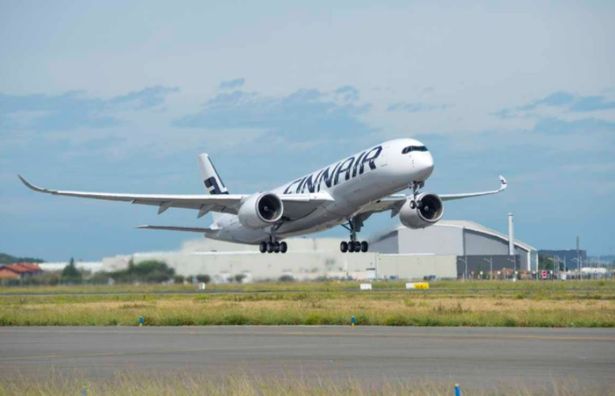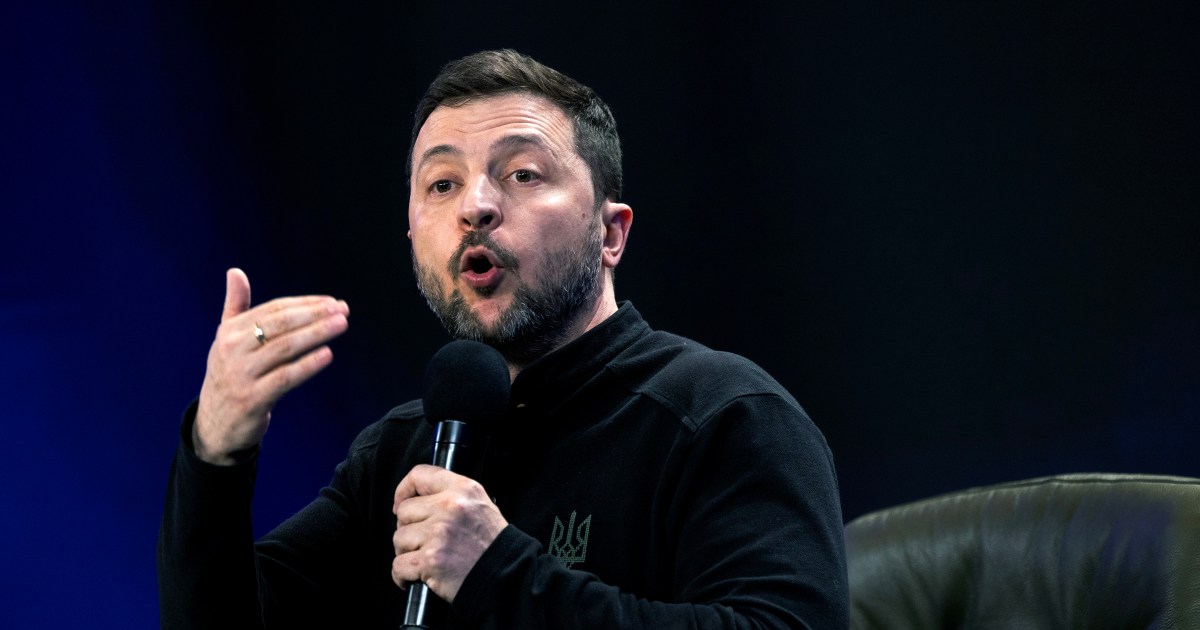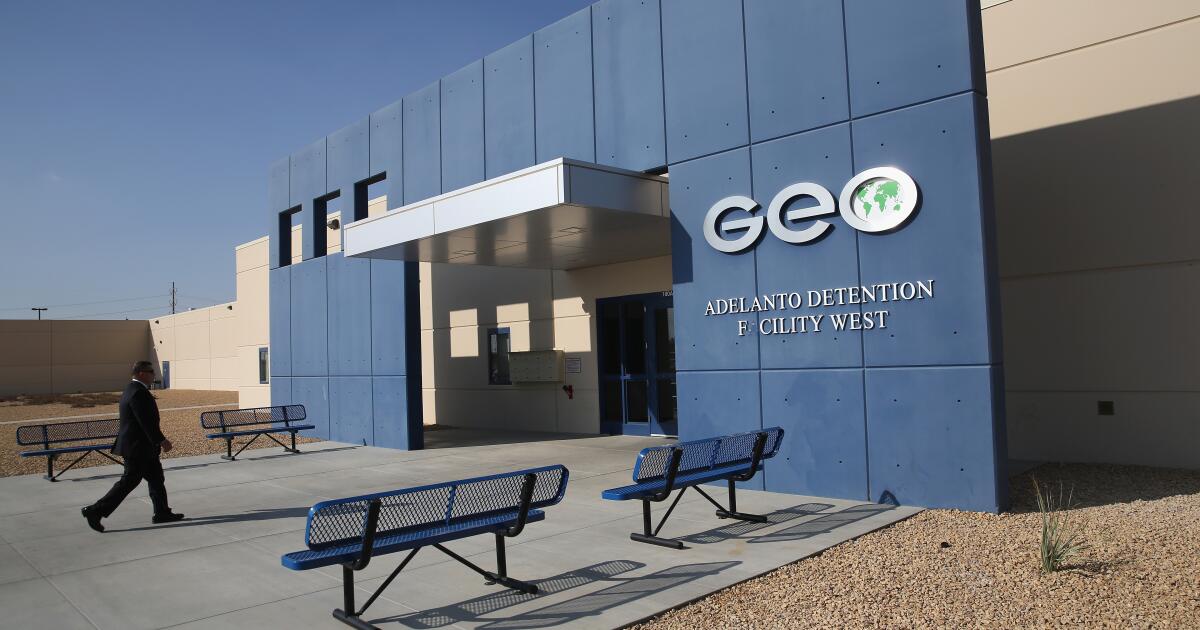Russia and Ukraine are poised for talks in Turkiye on Thursday, even though the prospects of President Vladimir Putin and his Ukrainian counterpart Volodymyr Zelenskyy meeting directly for the first time in three years were dashed by the Kremlin late on Wednesday.
United States President Donald Trump, who had earlier indicated that he might join the negotiations, will also not attend, according to American officials.
Here’s what we know about the talks, what prompted them, who’s expected to attend, and why the negotiations matter:
Why are the talks being held?
On Sunday, Putin proposed the idea of direct negotiations between Russia and Ukraine in Turkiye, instead of the rounds of indirect talks that the US and others have tried to mediate between the neighbours at war. Putin referenced direct talks that took place in 2022 while pitching for their resumption.
“It was not Russia that broke off negotiations in 2022. It was Kyiv. Nevertheless, we are proposing that Kyiv resume direct negotiations without any preconditions,” Putin said on Sunday.
In February 2022, Russia launched its full-scale invasion of Ukraine. Shortly after, Russia and Ukraine held talks in the Turkish capital, Istanbul.
According to Zelenskyy, the talks fell apart because Russia demanded that Ukraine concede the Donbas region, which spans Ukraine’s Donetsk and Luhansk regions – parts of which Russia occupied during its invasion. Zelenskyy added that Russia wanted Ukraine to surrender long-range weaponry, make constitutional amendments to declare neutrality and significantly reduce its armed forces. “There were never any negotiations; it was an ultimatum from a murderer,” Zelenskyy said at the time.
While Zelenskyy had earlier held that any peace agreement would require Russia to give up Ukrainian territory it had occupied, in December last year, Zelenskyy said the “hot phase” of the war could end if NATO offered security guarantees for the part of Ukraine currently under Kyiv’s control.
He added that the return of land that Russia has occupied could be diplomatically negotiated later.
“The pressure that the US has exerted to attempt to bring an end to the fighting in Ukraine has evolved over time,” Keir Giles, a senior consulting fellow at the London-based Chatham House think tank, told Al Jazeera. “It appears that the most recent elements in that evolution, particularly in terms of European solidarity with Ukraine, have led Russia to engage in direct talks.”
Putin’s recent push for talks came a day after Ukraine’s four major European allies gave Putin an ultimatum to accept an unconditional 30-day ceasefire or face renewed sanctions. This ultimatum came after leaders of the European countries, France, the United Kingdom, Germany and Poland, visited Kyiv.
They gave Putin a deadline until May 12. On Sunday, May 11, Putin – without committing to a ceasefire – said: “We are committed to serious negotiations with Ukraine. Their purpose is to eliminate the root causes of the conflict, to establish a long-term, lasting peace for the historical perspective.”
Where are they being held?
The talks are being held in the Turkish city of Istanbul, which straddles the boundary between Asia and Europe.
What role did Trump play in this?
The four European leaders – Britain’s Keir Starmer, France’s Emmanuel Macron, Germany’s Friedrich Merz and Poland’s Donald Tusk – said that they had briefed Trump about their ultimatum to Russia over a phone call and suggested that he was on board.
But after Putin called for direct talks between Kyiv and Moscow, Trump issued a statement on his Truth Social platform asking Ukraine to meet with Russia “immediately”.
Trump ran his campaign for the 2024 election on the promise to bring a swift end to the Ukraine war. The Trump administration held multiple meetings, starting February, with Russian and Ukrainian representatives separately in Saudi Arabia in attempts to broker a deal.
Also in April, the Trump administration indicated that it was taking a step back from providing security guarantees to Ukraine. The Trump administration said it wanted Europe to take the lead in supporting Ukraine’s defence instead, noting that the US had other priorities, including border security.
In recent weeks, however, Trump and his team, including Secretary of State Marco Rubio, have expressed growing frustration at the lack of meaningful progress in negotiations and have threatened to walk out of efforts to mediate peace.
Explaining his insistence that Ukraine join the May 15 Istanbul talks, Trump argued: “At least they will be able to determine whether or not a deal is possible, and if it is not, European leaders, and the US, will know where everything stands, and can proceed accordingly!”
Who will be there?
“I supported President Trump with the idea of direct talks with Putin. I have openly expressed my readiness to meet. I will be in Turkiye. I hope that the Russians will not evade the meeting,” Zelenskyy wrote in an X post on Monday.
On Tuesday, Zelenskyy announced he will be in Ankara on Thursday, where he will meet Turkish President Recep Tayyip Erdogan. The talks with Russia, however, are supposed to be held in Istanbul subsequently.
Trump has said he will send Secretary of State Marco Rubio, Middle East envoy Steve Witkoff and Special Envoy for Ukraine and Russia Keith Kellogg to attend the talks in Istanbul.
Russia on Wednesday night announced its team for the meeting. Vladimir Medinsky, a close Putin aide and former culture minister who also led previous rounds of unsuccessful talks with Ukraine in 2022, will lead Moscow’s team. With him will be Deputy Defence Minister Alexander Fomin and the director of the Main Intelligence Directorate, Igor Kostyukov.
Trump’s earlier offer to attend the talks himself had been welcomed by Kyiv. “All of us in Ukraine would appreciate it if President Trump could be there with us at this meeting in Turkiye. This is the right idea. We can change a lot,” Zelenskyy had said.
However, late on Wednesday, US officials clarified that Trump would not be attending.
The US president is currently in the Middle East, where he spent Wednesday in Qatar, after visiting Saudi Arabia a day earlier. On Thursday, Trump will be in the United Arab Emirates before returning to Washington.
What does Putin’s absence mean?
Zelenskyy had earlier said he would be present at the talks only if Putin also attended. “Putin is the one who determines everything in Russia, so he is the one who has to resolve the war. This is his war. Therefore, the negotiations should be with him,” Zelenskyy said in a post on X on Tuesday.
With Putin now no longer poised to attend, it is unclear if Zelenskyy will personally participate in the talks or whether he will leave it to his team to join the negotiations.
Yet, in many ways, Zelenskyy scored over Putin by throwing down the gauntlet and asking him to attend.
“Zelenskyy has presented a challenge to Russia to show that it has genuine interest; it is up to Russia whether it meets this challenge or not,” said Giles.
Brazil’s President Luiz Inacio Lula da Silva had also pledged to urge Putin to attend the talks.
What’s on the table?
It is difficult to predict what might specifically be discussed in the Turkiye talks.
“It would be rash to predict whether there will be any meaningful discussion at all, since the acceptable outcomes for both are still far apart,” Giles said. “Russia wants to neutralise Ukraine as an independent sovereign state, while Ukraine wants to survive.”
At the moment, Ukraine has proposed an unconditional 30-day ceasefire, while Russia has insisted that a series of its demands be accepted before it joins such a truce. Moscow said that it wants assurances over the monitoring mechanism for a ceasefire, and that a truce won’t be used by Ukraine to rearm and mobilise more soldiers. Instead, Putin has announced brief, unilateral ceasefires in recent days that Ukraine says Moscow never actually adhered to.
“We do not rule out that, during these negotiations, it will be possible to agree on some new truces, a new ceasefire and a real truce, which would be observed not only by Russia, but also by the Ukrainian side. [It] would be the first step, I repeat, to a long-term sustainable peace, and not a prologue to the continuation of the armed conflict,” Putin said on Sunday.
How significant are these talks?
Giles said that if the talks happen, “they will be a significant step forward”.
He added: “Anything that has been referred to as peace talks [ so far] has not been anything of the sort,” describing the two parallel discussions that the US has had with Russia and Ukraine.
On March 19, the US, Ukraine and Russia announced a 30-day ceasefire on attacks on Russian and Ukrainian energy infrastructure, and on March 25, they agreed on a Black Sea deal, halting the military use of commercial vessels and the use of force in the Black Sea. Both sides, however, traded blame for violating the terms of those agreements, which have now expired.
